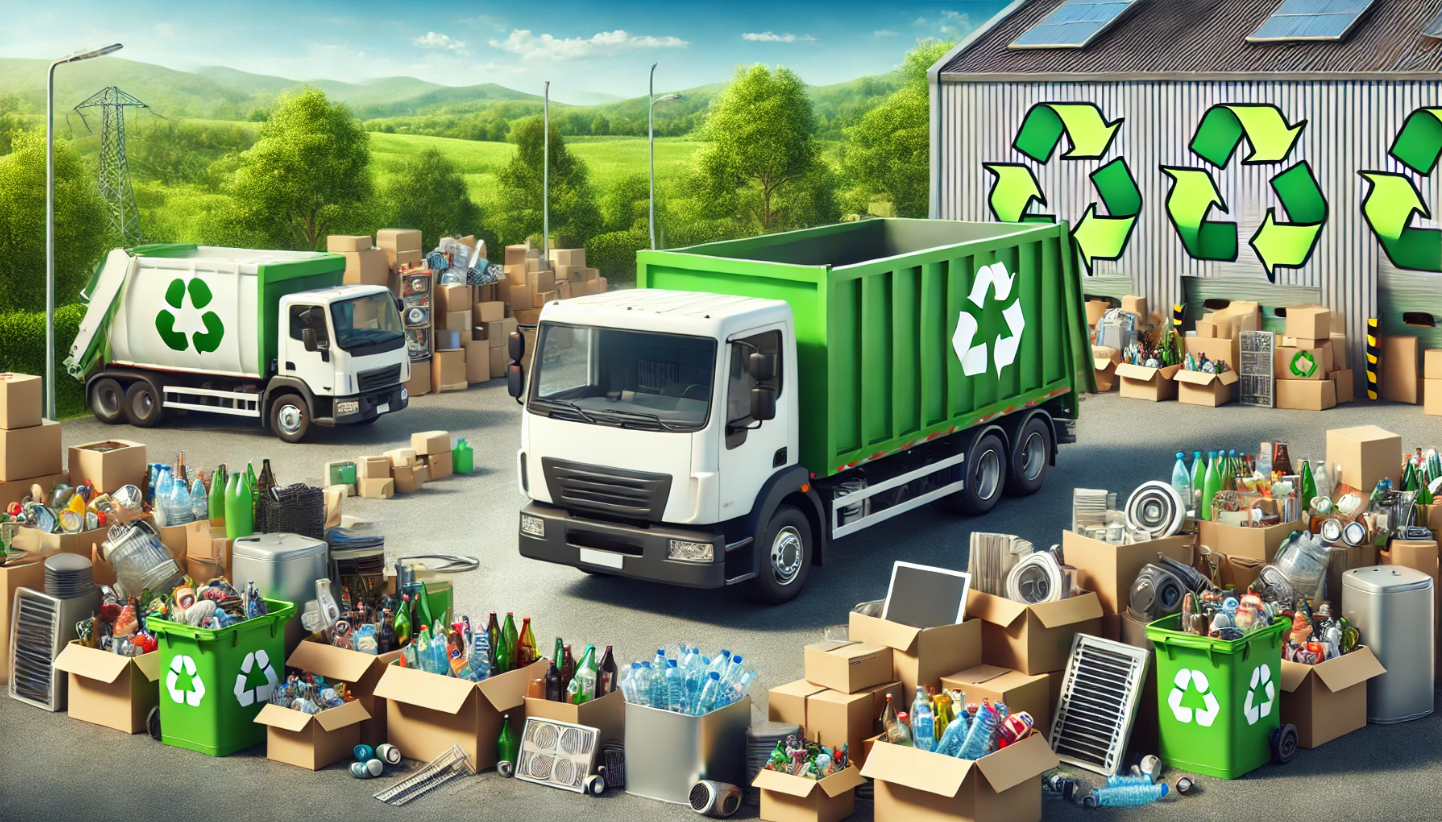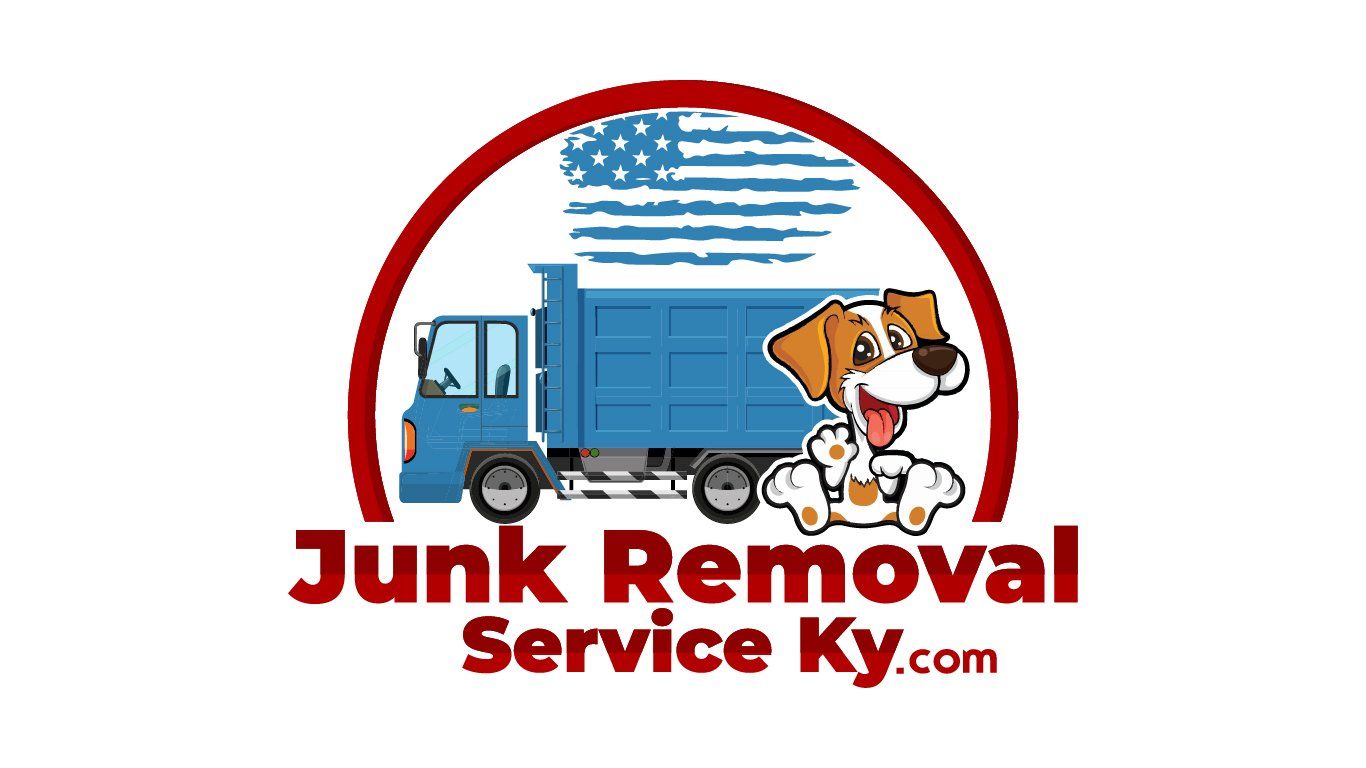Recycling Unwanted Items

Recycling Unwanted Items – A Guide to Responsible Disposal
Decluttering doesn’t just improve your space; it’s also an opportunity to make environmentally responsible choices. Recycling unwanted items not only reduces landfill waste but also conserves resources and energy. Whether you’re dealing with old furniture, electronics, or household clutter, this guide will show you how to recycle efficiently, the benefits of eco-friendly disposal, and how professional junk removal services can help.
Why Recycling Unwanted Items Is Important
1. Reduces Landfill Waste
- Diverts items like paper, plastic, and electronics from overflowing landfills.
2. Conserves Natural Resources
- Recycling materials like metal and glass reduces the need for raw material extraction.
3. Saves Energy
- Producing new items from recycled materials uses less energy than starting from scratch.
4. Protects the Environment
- Minimizes pollution caused by improper disposal of hazardous materials.
5. Supports the Circular Economy
- Keeps materials in use for as long as possible, reducing demand for new production.
Steps for Recycling Unwanted Items
1. Sort Your Items
- Separate recyclables, donatable items, and hazardous materials for proper disposal.
2. Research Local Rules
- Check your city’s guidelines for curbside recycling, drop-off centers, and hazardous waste facilities.
3. Use Recycling Facilities
- Take materials like electronics and textiles to dedicated recycling centers.
4. Donate When Possible
- Usable items like furniture and clothing can be donated to charities or secondhand stores.
5. Partner with Professional Services
- Junk removal companies often provide eco-friendly disposal and recycling options.
Common Items You Can Recycle
| Category | Examples | Recycling Tips |
|---|---|---|
| Paper Products | Newspapers, magazines, cardboard | Flatten boxes to save space |
| Plastic | Bottles, containers, packaging | Clean and sort by type (check local rules) |
| Metal | Cans, pipes, scrap metal | Rinse cans, separate by type |
| Electronics (E-Waste) | Computers, phones, TVs | Use certified e-waste recycling services |
| Glass | Bottles, jars, window panes | Separate by color if required |
| Textiles | Clothing, curtains, linens | Donate wearable items; recycle damaged ones |
Benefits of Professional Recycling Services
1. Convenience
- Professionals handle sorting, transportation, and delivery to recycling facilities.
2. Expertise
- Junk removal companies know local recycling regulations and best practices.
3. Eco-Friendly Practices
- Many services prioritize minimizing landfill waste by recycling and donating.
4. Handles Bulky Items
- Professionals can recycle large or heavy items like appliances and furniture.
5. Saves Time
- Skip the hassle of multiple trips to recycling centers by hiring a service that does it all.
Eco-Friendly Alternatives to Disposal
1. Upcycling
- Transform old items into something new, like turning a broken ladder into a bookshelf.
2. Composting
- Use organic waste like food scraps and yard debris to create nutrient-rich compost.
3. DIY Projects
- Repurpose items like jars for storage or pallets for garden furniture.
4. Donation
- Give usable items to charities, shelters, or community organizations.
FAQs About Recycling Unwanted Items
1. What items cannot be recycled?
- Items like greasy pizza boxes, certain plastics, and hazardous materials often require special disposal.
2. Can I recycle electronics in my curbside bin?
- No, electronics should be taken to certified e-waste recycling centers.
3. Do I need to clean recyclables?
- Yes, rinse out food and drink containers to avoid contamination.
4. How do I find a recycling center?
- Use online tools or contact your local waste management authority for locations.
5. Are recycling services more expensive than standard junk removal?
- While costs vary, eco-friendly services often include recycling at no extra charge.

